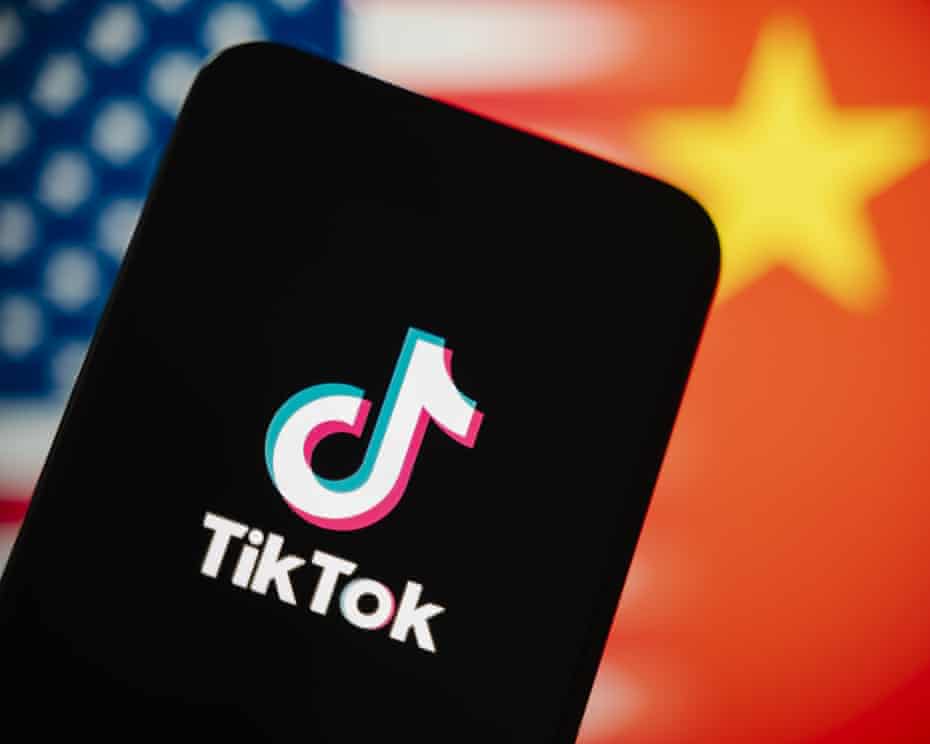WASHINGTON — The United States and China have reportedly finalized a framework agreement that would transfer majority ownership of TikTok’s U.S. operations to American investors, potentially averting a nationwide ban on the popular social media app. Treasury Secretary Scott Bessent confirmed the development during an interview on CBS’s Face the Nation this past Sunday, describing the agreement as a crucial step in ongoing U.S.–China negotiations.
“We reached a final deal on TikTok,” Bessent said, adding that discussions took place in Madrid and that all details are now “ironed out.” The next step, according to Bessent, will be for U.S. President Donald Trump and Chinese President Xi Jinping to formally ratify the transaction at their scheduled meeting in Korea later this week. While Bessent did not disclose the precise terms, he emphasized that his role focused solely on securing Chinese approval for the transaction, leaving the commercial details to the investors involved.
A U.S.-Centered Ownership Model
Reports suggest that the new U.S. version of TikTok will be dominated by American and international investors, who are expected to collectively hold around 65% of the company. ByteDance, TikTok’s Chinese parent company, along with other Chinese investors, would retain less than 20% ownership. The deal is estimated at roughly $14 billion and includes provisions giving U.S. investors control over the platform’s board and algorithm. Specifically, six of the seven board seats will be held by Americans, ensuring oversight of the app’s operations and content recommendations for U.S. users.
President Trump’s executive order, issued on September 25, authorized the transfer of TikTok’s U.S. operations to a majority U.S.-owned consortium. The move reflects long-standing concerns within Washington about potential national security risks posed by Chinese ownership of an app with access to millions of American users’ data.
A Political and Legal Backdrop
The TikTok saga traces back to 2020 when Trump first threatened to ban the app amid growing concerns about Chinese access to American user data. Congress passed legislation in April 2024 requiring that apps controlled by foreign adversaries either restructure ownership or face a ban in the United States. TikTok was directly targeted under this law, which was originally scheduled to take effect on January 20, 2025. The Trump administration extended this deadline multiple times while negotiations continued to finalize a deal.
Securing American control over TikTok’s U.S. operations has been a priority for Washington. The deal aims to separate U.S. user data from Chinese management, granting U.S. investors full oversight of content algorithms. The Biden administration, while not actively pushing the deal, had previously maintained restrictions on the app. With Trump back in office, the current administration is pursuing a resolution that preserves both national security and U.S. economic interests.
High-Profile Investors and Potential Leadership
While Bessent did not name specific investors, reports indicate that notable figures in U.S. media and tech circles are involved. Conservative media mogul Rupert Murdoch and tech entrepreneur Larry Ellison are rumored to be part of the new ownership group. Interestingly, Trump’s youngest son, Barron Trump, has also been suggested as a potential board member, though these reports have not been independently confirmed.
The inclusion of high-profile American investors is expected to reassure U.S. regulators and lawmakers that control of TikTok’s U.S. operations will remain firmly in American hands. The governance structure, combined with U.S. algorithm oversight, is designed to mitigate concerns about data privacy, foreign influence, and security risks.
Broader Implications for U.S.–China Relations
The TikTok deal is part of a wider framework of negotiations between the U.S. and China, including trade, agriculture, and technology issues. During their upcoming meeting in Korea, Trump and Xi are expected to discuss soybean purchases, trade imbalances, and the U.S.’s ongoing concerns about fentanyl trafficking. The TikTok agreement could serve as a symbol of broader cooperation—or at least compromise—between the two nations, though it is unlikely to resolve deeper tensions in technology and trade.
Remaining Questions
Despite the apparent breakthrough, several key questions remain. ByteDance is expected to retain a minority stake, which raises questions about how much influence the company may continue to exert. Regulators in China may also impose conditions or review the transfer of technology and intellectual property. Additionally, operational and algorithmic integration must ensure a seamless experience for the app’s estimated 170 million U.S. users, a complex task given the technical and legal constraints involved.
For U.S. policymakers, the deal represents a significant precedent. It demonstrates that foreign tech companies with Chinese ownership can be restructured to meet U.S. national security requirements, provided American investors and regulators maintain oversight. At the same time, it signals that Beijing may be willing to negotiate on technology and ownership issues when broader trade discussions are involved.
Looking Ahead
If the agreement is formally signed by Trump and Xi in Korea, it would likely avert the enforcement of the congressional ban and allow TikTok to continue operating in the U.S. under a majority American ownership structure. However, the success of this arrangement will depend on careful implementation, ongoing regulatory oversight, and cooperation between U.S. and Chinese stakeholders.
As Bessent noted, the framework is now in place, but execution remains key. For millions of American users, the coming weeks may determine whether TikTok continues as a dominant social media platform in the U.S., or faces an uncertain future as a restructured company under new ownership.

